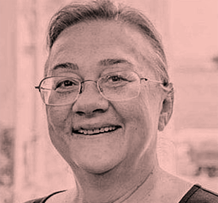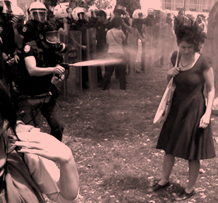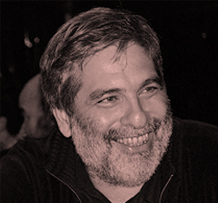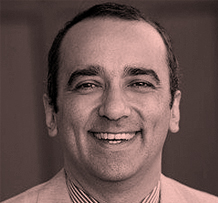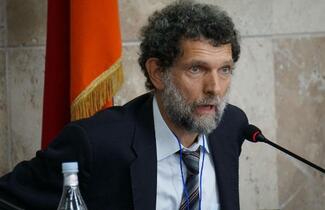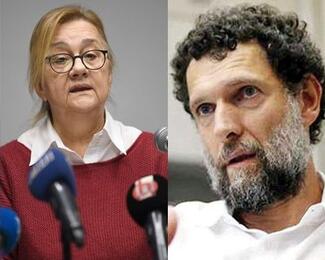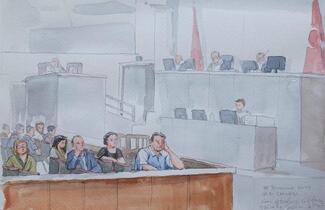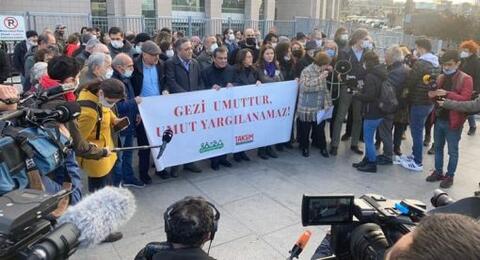
In the Gezi trial, Ali Hakan Altınay, Yiğit Ali Ekmekçi, and Mücella Yapıcı were retried after the Court of Cassation overturned their 18-year sentences. The trial, held at the İstanbul 13th Heavy Penal Court, saw all three defendants absent, but their lawyers were present.
Mücella Yapıcı's lawyer, Fikret İlkiz, and Yiğit Ali Ekmekçi's lawyers, Hasan Fehmi Demir and Emel Ataktürk Sevimli, requested an acquittal for their clients:
"Throughout this process, we witnessed a judicial practice that not only disregards the supremacy of law but also fails to uphold legality, leaning towards a relentless verdict at any cost. As a striking example, we can point to the simultaneous release of Osman Kavala in the ongoing trial, aiming to neutralize the impact of the European Court of Human Rights' decision, and the initiation of a spying case against him for the same charges, leading to his arrest, only to be acquitted of the spying accusation while being convicted for the initial charge.
"Secondly, another example that cannot be ignored is the blatant violation of the Constitution by the 3rd Criminal Chamber of the Court of Cassation in the face of the decisions in the Can Atalay case by the Constitutional Court. This practice presents a grim tableau that completely eliminates the concept and application of public law, which forms the foundation of the establishment, functioning, and regulation of the Republic of Turkey, overcoming any and all illegality.
"In an environment where the country is being deconstitutionalized, and the application of written norms has turned into a possibility, our assessment of the Court of Cassation's reversal decision is that there is not a single piece of evidence obliging the punishment of our clients and all defendants in the Gezi case, and an acquittal should be declared."
Pekin: Not a trace of evidence
Ali Hakan Altınay's lawyer, Tora Pekin, stated, "History cannot be written by judicial decisions. The duty of the judiciary is simply to determine the crime and the criminals, distinguishing between who should go to jail and who should not. Gezi is not a crime, and the defendants in this case are not guilty. There is not even a trace of evidence in the file casting a shadow over this truth. And the most crucial duty of the judge is still to make a decision concerning a person's freedom."
Announcing the interim decision, the court adhered to the Court of Cassation's acquittal decision. The court lifted the judicial control measure preventing the three individuals from traveling abroad.
The court, by a memorandum to the Istanbul Police Department, decided to request video records related to Yapıcı, Ekmekçi, and Altınay.
Additionally, Altınay, Ekmekçi, and Yapıcı requested a determination of whether any investigations have been conducted separately from the Gezi case regarding the offense of violating the Law on Meetings and Demonstrations (No. 2911).
The next hearing in the trial is scheduled for May 22 at 11:10.
